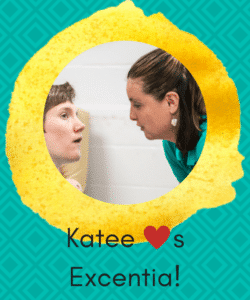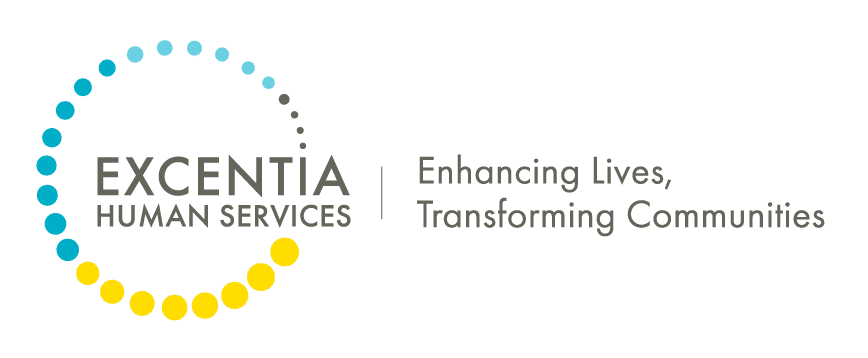Swoosh! The door swings shut behind me, and I am whisked into the hustle and bustle of work. It’s an overcast day outside, and my mood seems to match the weather. As I plop my items onto my desk in an office of four people, I sit down with a sigh. It’s only 8 AM, and I already feel exhausted with the amount of work that beckons me. The noise both inside and outside of my office prickles at my nerves, and I glance at my calendar to see the list of tasks that must be done. I slowly and meticulously check items off my list: check email, check my mailbox upstairs and downstairs, visit the different group rooms in hopes that my “hello” will brighten their day. Seeing that all is well, I shyly tuck away my superhero cape, knowing that, for now, all is well.
When I share with people where I work and for whom I provide support, I receive a mixed bag of looks and responses. You do WHAT? You have to do what? That’s crazy. You should be sainted for all you do. It takes a special person to do something like that. I understand where they’re coming from, but I so wish that I could prove the population at large wrong about the group with whom I have the pleasure of working.
 There’s a song in the famous musical “South Pacific” that says that one “[has] to be taught to fear.” Growing up, I didn’t have any opportunities to interact with or learn about those with disabilities. One summer in high school, I had a chance to serve at a camp geared specifically for those with special needs. That weeklong experience sparked a desire to continue the fun and kindness and social justice for these people. One degree in special education and five years in education later, I found myself at a crossroads. I was faced with the question What happens to people living with disabilities after they completed their education? Why aren’t there more integral opportunities for people with disabilities to truly participate in their community? Searching for these answers, I found and began working for residential and day programs.
There’s a song in the famous musical “South Pacific” that says that one “[has] to be taught to fear.” Growing up, I didn’t have any opportunities to interact with or learn about those with disabilities. One summer in high school, I had a chance to serve at a camp geared specifically for those with special needs. That weeklong experience sparked a desire to continue the fun and kindness and social justice for these people. One degree in special education and five years in education later, I found myself at a crossroads. I was faced with the question What happens to people living with disabilities after they completed their education? Why aren’t there more integral opportunities for people with disabilities to truly participate in their community? Searching for these answers, I found and began working for residential and day programs.
For the past two and half years, I have served Excentia’s Adult Day Service. I started out as a direct support professional (room worker) and currently serve as a program specialist. I’m not going to lie: the days are sometimes long, loud, and overwhelming. We face many challenges that include short staffing, drama, deadlines, paperwork, being hit, etc. People see these things, and they don’t see or remember the smiles, hugs, and skill development that occur as well. When the going gets tough, I am sent these little reminders as gems. They reinforce the idea and feeling that these are people, like anyone else. When working with people, there will be both good and bad days.
People tell me all the time that I have a “gift” or “have a heart of gold” for working with the population I do. I don’t see it as such. The populations I work with have taught me how to be kind, how to love, how to be patient, how to be creative, and how to find joy. I thought I was going to teach forever, but I ended up being the one who is learning. Anyone can do what I can do. You just have to have the courage to try and to listen when there are no words to be said.
As Allison Krause says, “You say it best when you say nothing at all.”

